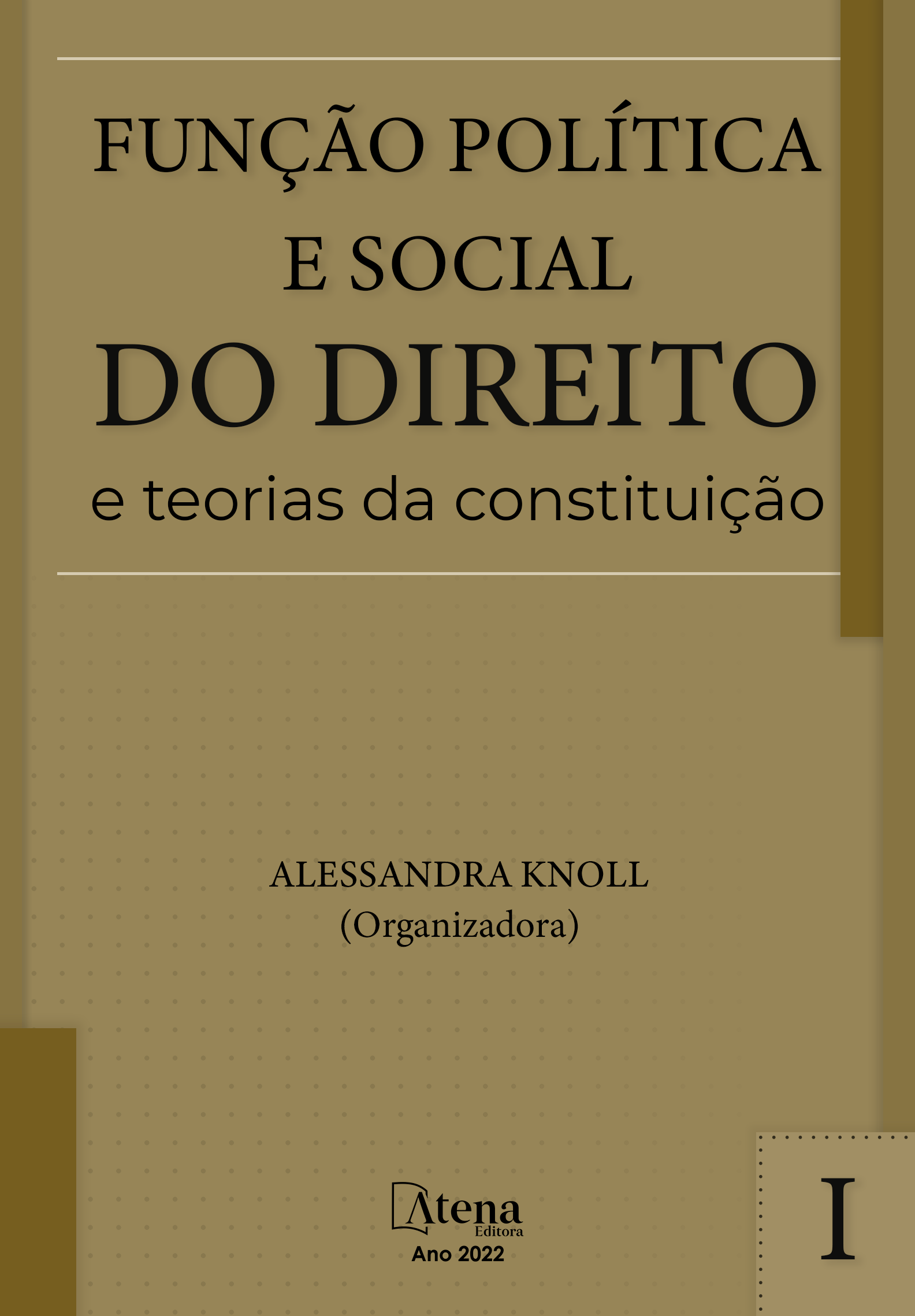
OS CONSELHOS MUNICIPAIS DE POLÍTICAS PÚBLICAS: PENSADOS A PARTIR DA TEORIA DO DIREITO SOCIAL DE GEORGES GURVITCH
Os Conselhos Municipais de Políticas Públicas são objetos de estudos e discussões desde a instauração de um Estado democrático e estão garantidos na Constituição Federal. Experiências como a dos Conselhos operários da Rússia pré-revolucionária serviram como base para a construção do pensamento e das teorias de Georges Gurvitch. Mesmo que a instauração dos Conselhos Municipais de Políticas Públicas brasileiros não tenha sido através dessas experiências, ou outras, mas sim devido demandas locais e especificidades das mais diversas classes e segmentos, as teorias de Gurvitch se aplicam a não só suas construções como também às suas funções, direitos e deveres. Através dessas instâncias é possível que a população exerça um poder essencial para o bom funcionamento do Estado e a eficácia na aplicação de políticas públicas, que é o Controle Social. A participação ativa na construção do Estado por meio do Controle Social deve ser estimulada entre os cidadãos, seja pelo poder público, seja através da educação escolar. O presente estudo se propõe a discorrer acerca da temática de atuação dos Conselhos Municipais de Políticas Públicas a partir da abordagem do Direito Social de Georges Gurvitch. Para tal, utilizou-se de pesquisa exploratória através de levantamento bibliográfico. Contudo, mesmo Gurvitch tendo desenvolvido suas teorias no século passado, elas ainda são atuais no contexto conjuntural do Brasil, principalmente ao que se refere o Direito Social. No contexto dos conselhos, o arcabouço teórico aqui abordado serve como norte conceitual para a ampliação dos espaços dialógicos em interlocução com os elementos constitutivos do nosso ordenamento legal.
OS CONSELHOS MUNICIPAIS DE POLÍTICAS PÚBLICAS: PENSADOS A PARTIR DA TEORIA DO DIREITO SOCIAL DE GEORGES GURVITCH
-
DOI: 10.22533/at.ed.81322260112
-
Palavras-chave: Controle Social. Conselhos Gestores. Cidadania. Estado Democrático.
-
Keywords: Social Control. Management Councils. Citizenship. Democratic State.
-
Abstract:
The Municipal Public Policy Councils have been the object of studies and discussions since the establishment of a democratic State and are guaranteed in the Brazilian Federal Constitution. Experiences such as that of the Workers' Councils of pre-revolutionary Russia served as the basis for the development of Georges Gurvitch's thought and theories. Even though the establishment of Brazilian Municipal Public Policy Councils was not through the same kind of experiences, or others, but rather it emerged from local demands and specificities of the most diverse classes and segments, Gurvitch's theories apply not only to their constructions but also to their functions, rights and duties. Through these instances, it is possible for the population to exercise an essential power for the proper functioning of the State and the effectiveness in the application of public policies, which is Social Control. Active participation in the construction of the State through Social Control should be encouraged among citizens, whether by the government or through school education. This study aims to discuss the theme of action of Municipal Public Policy Councils from the approach of Social Law developed by Georges Gurvith. To this end, exploratory bibliographic research was used as our basic method. However, even though Gurvitch has developed his theories in the last century, they are still valid in the context of the Brazilian situation, especially with regard to Social Law. In the context of councils, the theoretical framework discussed here serves as a conceptual guide for the expansion of dialogic spaces in dialogue with the constituent elements of our legal order.
-
Número de páginas: 14
- Yana de Moura Gonçalves
- Tamires Eidelwein
- Gabriel Eidelwein Silveira


